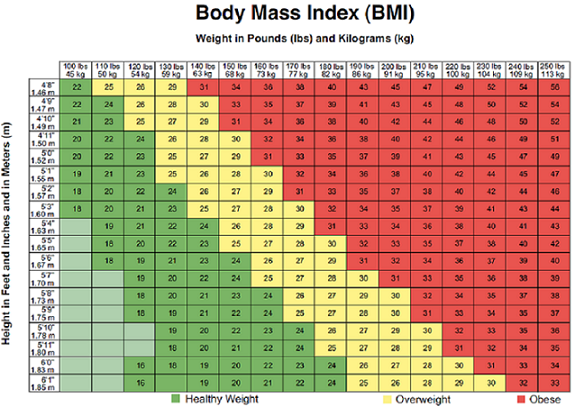

Coimbatore / Kovai Information
- Tirupati information
- Home
- Latest News
- Electricity Board
- Anna University
- New Movies
- Coimbatore Temples
- Coimbatore Property Tax
- Coimbatore Places
- Coimbatore Flights
- Healthcare
- Coimbatore Call Taxi
- Coimbatore-Restaurants
- Coimbatore-Pin-Code
- Corporation News
- Gandhipuram-flyover
- Coimbatore-Train-Timings
- Coimbatore-Bus-Routes
- Baby Names by Birth Star
- Health is Wealth
Latest Info.
/Coimbatore-Bus-Routes
/Coimbatore Property Tax
/Coimbatore Property Tax
/Latest News
/Coimbatore-Bus-Routes

 ( 5 ) by 1 User(s).
( 5 ) by 1 User(s).



